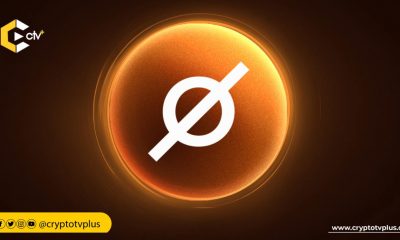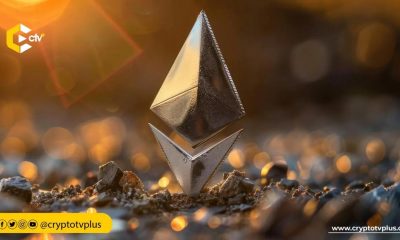News
EIP-7781 proposes a 50% boost in Ethereum’s network capacity

A new proposal, EIP-7781, has been introduced to enhance Ethereum’s transaction capacity by 50%. Submitted by Ben Adams, co-founder of Illyriad Games, the proposal aims to accelerate block creation on the Ethereum network.
The key suggestion is to decrease the block creation time from 12 seconds to 8 seconds. This adjustment would enable the network to handle more transactions, boosting its capacity by 50%.
The proposal outlines several primary objectives: first, reducing block time will allow Ethereum to produce new blocks more rapidly. This results in faster transaction confirmations, which is particularly beneficial for platforms dependent on quick transactions, such as decentralized finance (DeFi) apps and decentralized exchanges (DEXs).
The proposal also plans to increase the capacity for “blobs,” which are temporary data structures that help reduce fees on scaling solutions like Arbitrum and Optimism. These layer-2 solutions enhance Ethereum’s speed and cost-effectiveness for users. By expanding blob capacity, the proposal aims to make transactions on these platforms even more efficient and affordable.
Additionally, the proposal could lead to significant efficiency gains, particularly in decentralized exchanges. Experts such as Justin Drake estimate this improvement could save users approximately $100 million annually by lowering trading costs between centralized and decentralized exchanges.
However, there are some concerns. Shortening block times might require validators—who maintain the network—to use more powerful, and potentially expensive, hardware. This change could marginalize smaller participants, reducing decentralization. Moreover, faster block production could complicate network synchronization, leading to potential delays or errors.
The Ethereum community has reacted with mixed feelings. Some are excited about potential improvements in speed and cost, while others worry it might lead to centralization, favoring those with more resources.
Though EIP-7781 could make Ethereum faster and more affordable, it also poses challenges that must be carefully managed to preserve the network’s decentralization and fairness.

























1 Comment